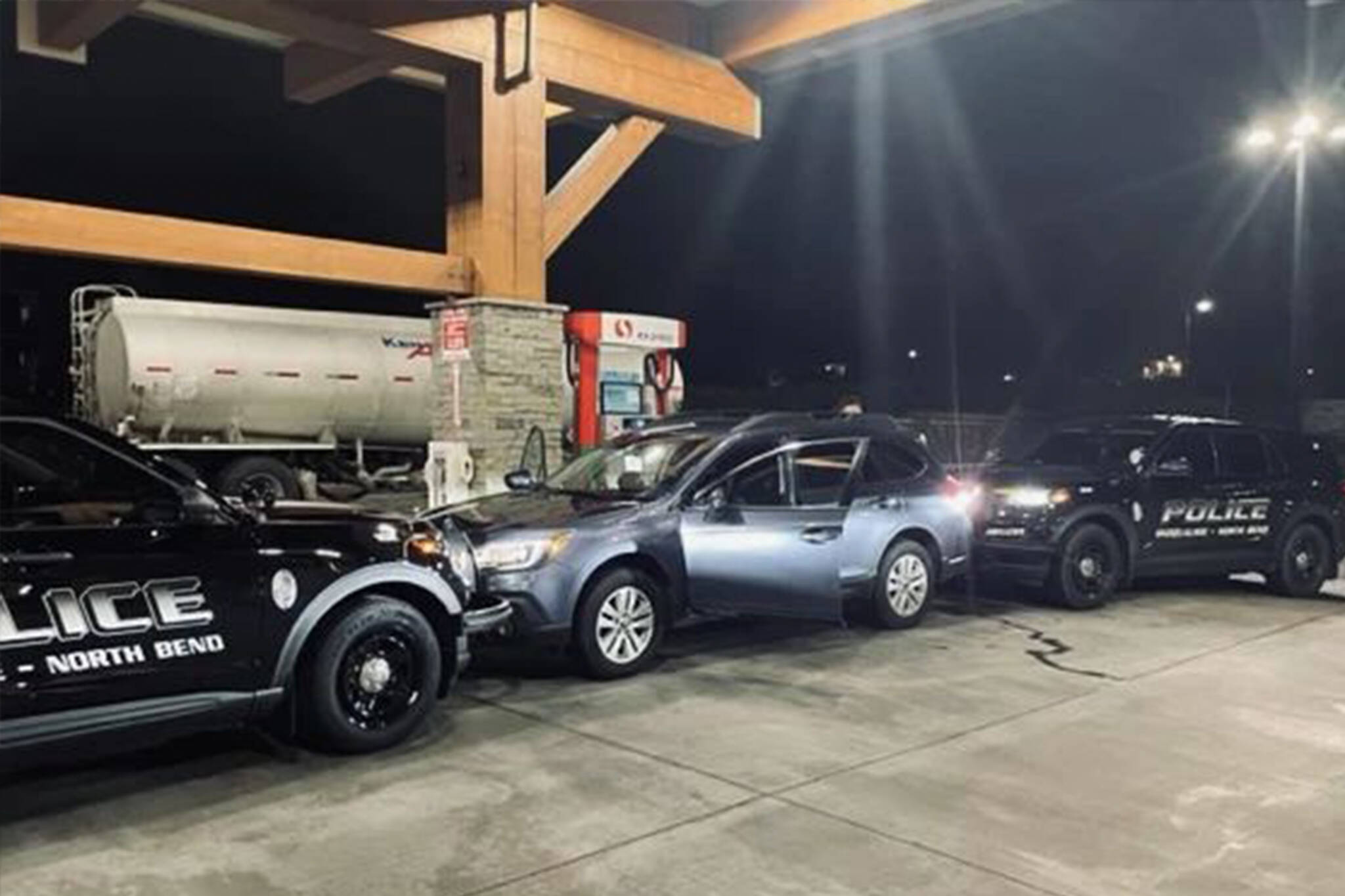The Snoqualmie City Council unanimously voted March 27 to make vehicle trespassing a misdemeanor offense, hoping the change will help police stop potential car theft in the city.
Under the change, those who enter — or attempt to enter — a vehicle that does not belong to them can face a misdemeanor charge, punishable by up to 90 days in jail and a fine of $1,000. According to data from the Washington Association of Sheriffs and Police Chiefs, vehicle theft has been on the rise since the pandemic.
City officials say the new offense is intended to reprimand suspects who steal vehicles in Snoqualmie, but are not charged with felonies by the King County Prosecuting Attorney’s Office. Snoqualmie Police have expressed concerns that the prosecutor’s office, which oversees the vast majority of felonies, has declined to prosecute a handful of the city’s vehicle theft cases.
Prosecutors declined seven cases from Snoqualmie Police in 2021, according to the department. That is one more than the total number of declines between 2018 and 2020.
“Even when it appears to be a slam dunk case, due to limited resources and the policy on hand, those cases are not being prosecuted,” said Councilmember Cara Christensen, chair of the public safety committee and a former lawyer.
Previously, when county prosecutors declined to file felony charges, those cases were essentially dead, Snoqualmie Police Captain Brian Lynch said. Now, in the event of a decline, city police will seek a vehicle trespass charge at the Issaquah Municipal Court instead, he said.
“It provides us an opportunity to go after them to a lesser degree,” Christensen said. “It would allow us to use our prosecutor out in Issaquah to hold people responsible who come to Snoqualmie to steal cars.”
At least two other cities have adopted similar policies for car thefts. Issaquah made vehicle trespassing a misdemeanor offense last year, while Renton has had a similar law on the books since 2017.
North Bend, which contracts with Snoqualmie for police services, will vote on making vehicle trespassing a misdemeanor at its city council meeting April 4.
Felony convictions carry much harsher penalties than misdemeanors. In the case of vehicle theft, a class b felony under state law, suspects can face up to a decade of prison time and $20,000 in fines.
To secure a felony charge for vehicle theft, the prosecutor’s office requires four provisions to be met, including that the suspect had knowledge the vehicle was stolen at the time they possessed it. Lynch said proving knowledge is “very difficult,” and makes it hard to secure prosecution.
Casey McNerthney, a prosecutor’s office spokesperson, said prosecutors are still filing cases for car theft and prowls daily. Over the last seven months, the office has filed over 530 cases, he said, including 176 during the first two months of 2023. McNerthney said when prosecutors can show the defendant knew the car was stolen, it creates a much stronger case in court.
“Either way, having this [misdemeanor] option for cases that aren’t at the felony level will be helpful,” he wrote in an email. “Ultimately, I think prosecutors have the same goal here, which is to stop vehicle thefts and prowls.”
Lynch said he hopes the trespass option will deter suspects from stealing cars in Snoqualmie.
“If they’re going to be booked on a misdemeanor crime, when anywhere else they’re not, the word will get out and hopefully that will have an effect on the number of cars that are stolen,” he said.
A total of 55 cars from Snoqualmie and 48 from North Bend were stolen between 2021 and 2022, according to police data.
Most of those were crimes of opportunity, Lynch said: “They’re not smashing windows. They’re looking for open doors and easy stuff to get into.”


